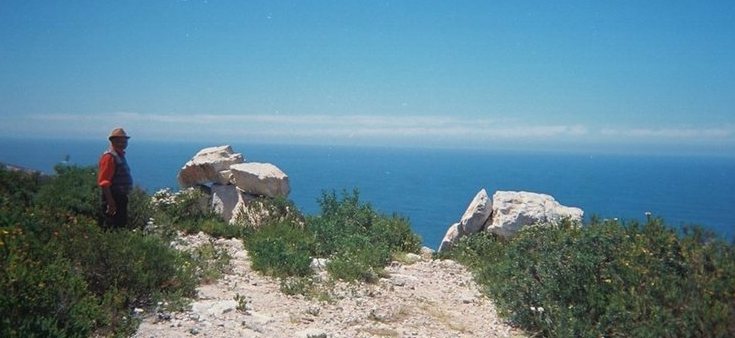My project aims to explore the role of different motivations in ecosystem stewardship and their influence on the social and ecological requirements that build the resilience of a biodiversity common. I target individual members of the public who show a committed and pro-active concern for biodiversity and ecological support systems in the Garden Route. I am using a mixed-method research approach, including photo-voice, in-depth interviews, informal communication, observations and empirical literature reviews in order to (1) stimulate individual’s reflection of their sense of place and sources of motivation for stewardship, (2) investigate the social-ecological consequences of their behaviours and (3) estimate the impact on resilience.

-
Progress: This far 30 research participants, 750 photographs
-
Preliminary findings: Intentions and motivations in stewardship are driven by different identities which emerge along a gradient of scale (ie. from narrow definition of self, to a predominantly social or ecological identity, to a cohesive social-ecological identity and to a holistic spiritual or biospheric identity)
-
Preliminary findings: The impact of stewardship on the social-ecological community manifests on a temporal scale (short-term versus long-term) and on a contextual scale (narrow versus holistic), and seems to be explained by the different identities ecosystem stewards hold.
-
Preliminary findings: Intentions and motivations for holistic and long-term impacts on the social-ecological community enhance the resilience of the biodiversity common, and are mainly driven by holistic spiritual and biospheric identities. Intentions and motivations for narrow and short-term impacts constrain resilience and are driven by narrow self-definitions of stewards.
-
Highlights: field trips with ‘underestimated ecosystem stewards’: subsistence fishing ladies from Sedgefield, Rastafarians from Knysna and leader of Griqua Kranshoek community.
Highlight: In-depth case study of Precious Tree Project in Wilderness Heights